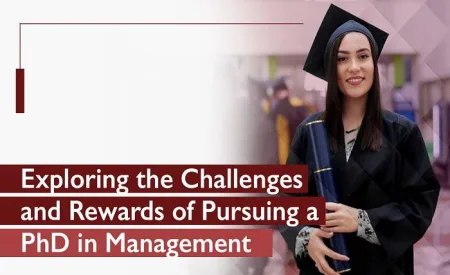Entering the world of education as a young teacher is both exciting and challenging. As you embark on this journey, you’re not just teaching; you’re shaping the future. To succeed and thrive in this noble profession, there are several crucial considerations to keep in mind.
Defining Your Educational Vision
Before stepping into the classroom, take the time to define your educational vision and teaching philosophy. What do you believe about teaching and learning? What are your goals for your students? Your educational vision will serve as your guiding compass, helping you make decisions and navigate challenges.
Consider aspects like student-centered learning, where you focus on individual needs, fostering critical thinking, and creating a supportive learning environment. Your teaching philosophy should align with your vision and shape your approach in the classroom.
Selecting the Right Educational Path
Education offers various career pathways, each with its unique set of responsibilities and opportunities. As a young educator, you’ll want to explore these pathways and choose the one that aligns with your interests and strengths.
Reflect on the age group and subject matter you’re most passionate about. Would you thrive as an elementary school teacher, a high school educator, or perhaps as a specialist in a particular subject? Explore different roles, such as classroom teacher, curriculum developer, school counselor, or educational consultant, and envision where you see yourself making the most significant impact.
Investing in Education and Credentials
To embark on a successful teaching career, you’ll likely need the right education and credentials. Depending on your chosen role and location, this may include earning a bachelor’s degree in education, obtaining a teaching certification, or pursuing a graduate degree in a specialized field. Research the specific requirements in your area and tailor your educational journey accordingly.
Additionally, seek opportunities for continuous professional development. Workshops, seminars, conferences, and online courses can help you stay current with the latest teaching strategies and educational trends. Staying informed and up-to-date will equip you with the knowledge and skills needed to excel in your career.
Embracing Instructional Strategies
One of the cornerstones of effective teaching is mastering the art of instructional design. Instructional design involves the deliberate planning, creation, and delivery of engaging and effective learning experiences. As a young educator, understanding the principles of instructional design can significantly enhance your teaching prowess.
Explore various instructional strategies that align with your educational vision and the needs of your students. For instance, active learning techniques like group discussions, problem-solving activities, and hands-on experiments can enhance student engagement. Technology can also be a valuable tool in the classroom, providing access to digital resources, interactive learning platforms, and educational software.
Adapting to Challenges and Celebrating Successes
The world of education is both rewarding and demanding. You’ll face a variety of challenges, including diverse student needs, classroom management issues, and the weight of responsibility that comes with shaping young minds. It’s crucial to approach these challenges with resilience and a growth mindset. View them as opportunities for personal and professional growth.
Similarly, celebrate your successes, regardless of their size. Every student’s progress, every “aha” moment, and every positive impact you make contributes to the larger picture of improving education. Embrace the support of experienced colleagues, mentors, and educational communities to navigate both the challenges and the triumphs of your early teaching career.
Charting Your Path
As a young educator, you have the opportunity to shape the future through education. By defining your educational vision, selecting the right educational pathway, investing in your education and credentials, embracing instructional strategies, cultivating essential skills, and adapting to challenges, you can chart a path to a rewarding and impactful career in education.
Remember that your journey as an educator is a lifelong learning experience. Continuously seek professional development opportunities, connect with mentors, and stay informed about current educational research and practices. With dedication and a passion for teaching, you can make a lasting difference in the lives of your students and the field of education as a whole.



